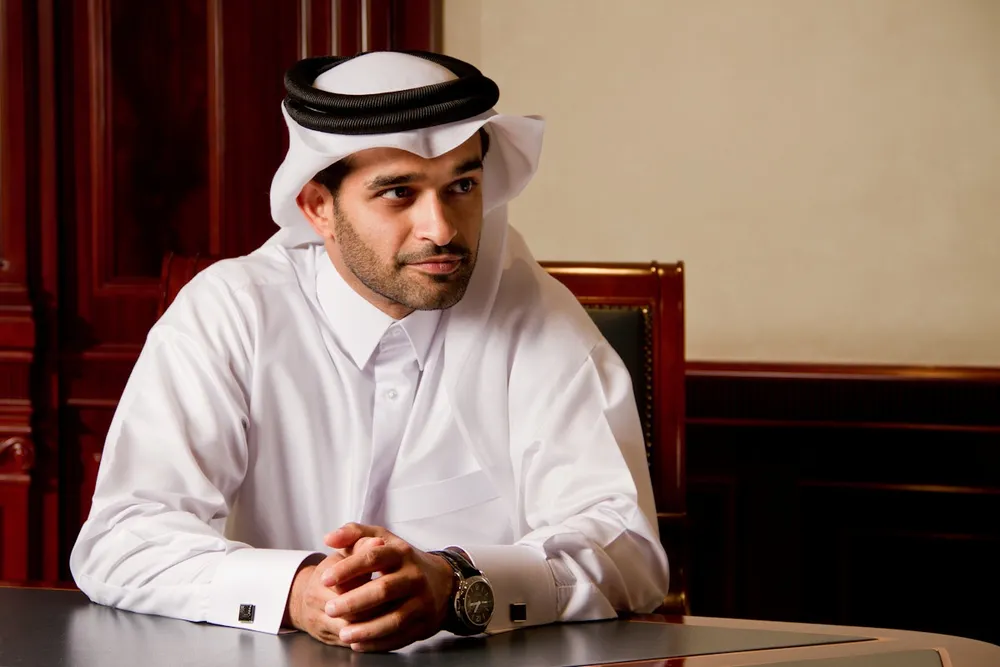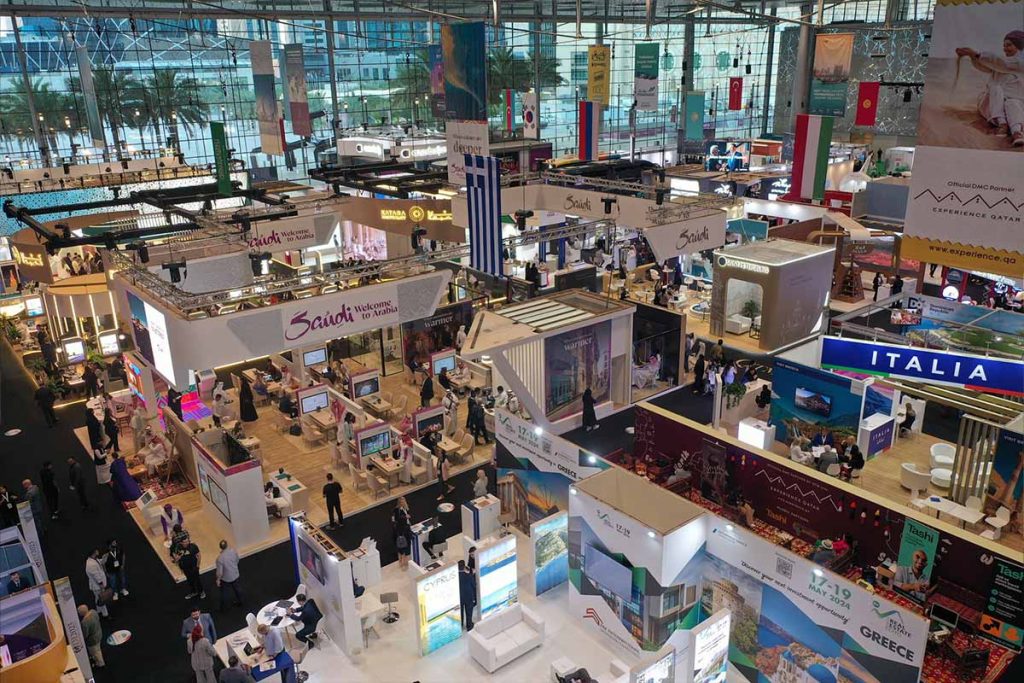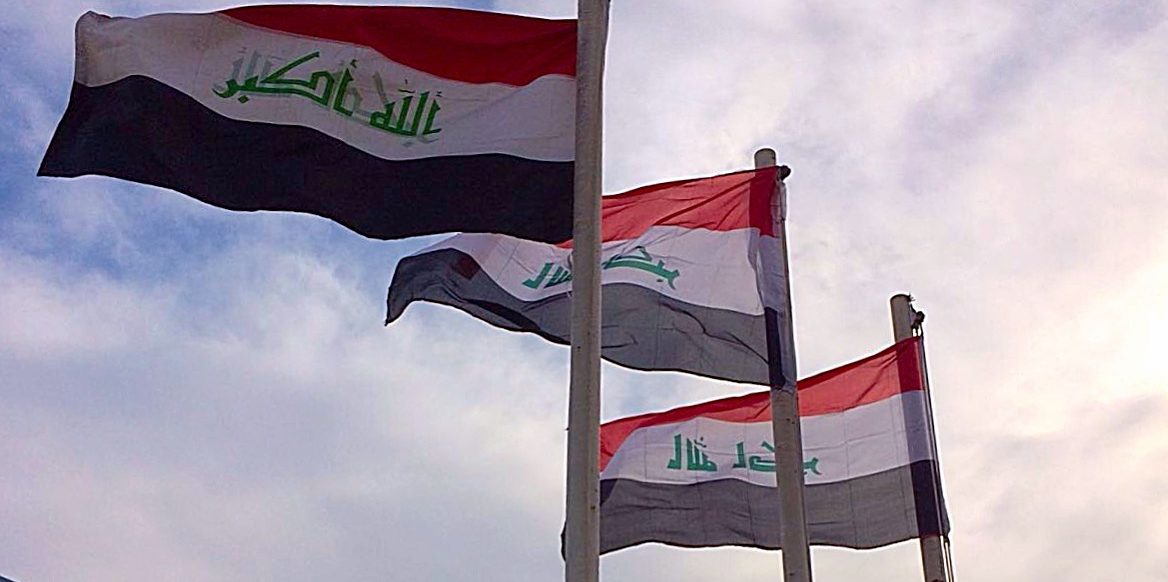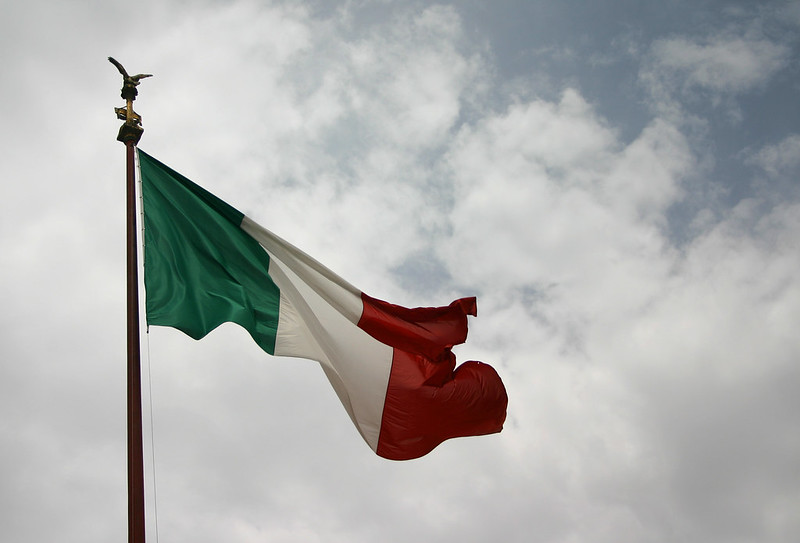Hassan al-Thawadi’s comments came as the UK sports minister said he would wear the rainbow-coloured armband at the England v Wales match on Tuesday.
The head of Qatar’s World Cup organising committee has accused teams who wanted to wear the OneLove armband at the World Cup of sending a “very divisive message” to the Islamic and Arab world.
Hassan al-Thawadi’s comments came as the UK sports minister Stuart Andrew said he would wear the rainbow-coloured armband at the England v Wales match on Tuesday.
The Conservative frontbencher, who is gay, said it was “really unfair” that FIFA had threatened sporting sanctions at the 11th hour against seven European teams who had planned to wear the armband in Qatar.
Thawadi responded by saying that the armband represents values that are unIslamic, and it was important to remember the Islamic identity of the hosting nation.
“If the teams decided to do it throughout the entire season, that is one thing,” he said, “But if you’re coming to make a point or a statement in Qatar, that is something I have an issue with. And it goes back to the simple fact that this is a part of the world that has its own set of values.
“This is not Qatar I’m talking about, it’s the Arab world,” he added. “For the teams to come and preach or make statements, that’s fine. But what you’re essentially saying is you’re protesting an Islamic country hosting an event. Where does that end? Does that mean no Islamic country can ever be able to participate in anything?
“There’s going to be different values and different views coming in. So, for me, if you’re going to come specifically to make a statement here in Qatar – or specifically addressed to Qatar and by extension, the Islamic world – it leaves a very divisive message.”
The decision to band the OneLove armbands was made by the football governing body, FIFA.
Some fans attending matches have worn rainbow items, including T-shirts and Wales bucket hats, and these were allowed in stadiums.
But Thawadi said the organisers only want visitors to respect the culture and religion of the region.
“These values are regional,” he said. “It’s for the Islamic world, it’s for the Arab world, it’s for the Middle East. There are certain things that we will not agree upon.
“But let us find a way of coexisting and moving forward, one way or the other. That is where mutual respect is fundamental.”







